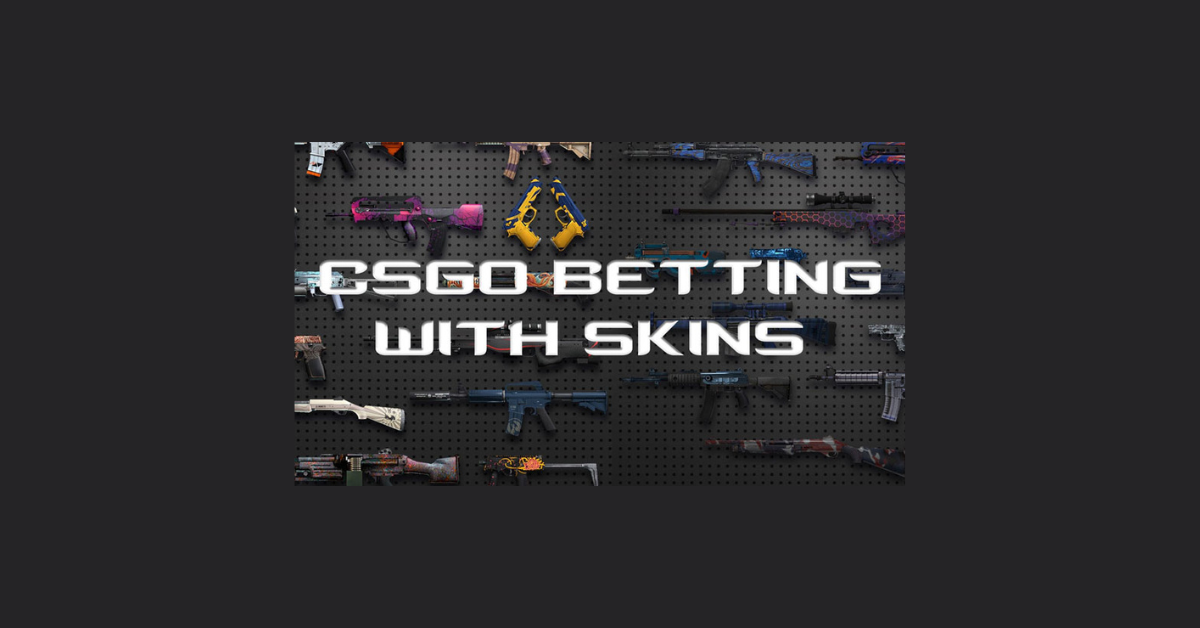The History of CSGO Skin Betting
The rise of CSGO skin betting can be traced back to the introduction of cosmetic weapon skins in the game in 2013. As players collected these virtual items, a secondary market emerged where skins could be bought, sold, or traded. This led to the development of websites and platforms that allowed users to wager their skins on various matches and events within the game.
With the growing popularity of CSGO skin betting, the market saw an increase in gambling sites offering users the opportunity to bet their skins on professional matches. This phenomenon attracted a large number of players, drawn in by the thrill of potentially winning valuable skins through their predictions and wagers. However, as the industry continued to expand, concerns regarding underage gambling and the lack of regulation began to surface, leading to scrutiny and legal challenges surrounding the practice.
The Legality of CSGO Skin Betting
CSGO skin betting has been a controversial topic in the gaming community due to its unclear legal status in various jurisdictions. In some regions, the act of using virtual items like skins as gambling currency falls into a legal grey area, while in others, it is deemed illegal due to issues such as underage gambling and lack of regulation.
The absence of specific laws addressing CSGO skin betting has created challenges for both lawmakers and players alike. The interpretation of existing gambling regulations in relation to virtual items has led to debates on whether skin betting should be categorized as traditional gambling or considered a form of entertainment within the gaming sphere.
Alternatives to CSGO Skin Betting
For individuals looking for alternatives to CSGO skin betting, one option is to participate in traditional forms of online betting that do not involve virtual items. Many reputable online betting sites offer a variety of games and sports to bet on, providing a safer and regulated environment for those who enjoy the thrill of gambling.
Another alternative is to explore the world of fantasy esports leagues. Platforms such as DraftKings and FanDuel offer fantasy contests where players can create their dream teams of professional esports players and compete against others for cash prizes. This form of betting relies on skill and knowledge of the esports scene rather than chance, making it a more strategic and engaging option for those seeking an alternative to CSGO skin betting.
Changes in CSGO Skin Betting Regulations
In response to growing concerns over underage gambling and lack of regulation, governments around the world have started implementing stricter regulations on CSGO skin betting. These changes aim to protect vulnerable individuals, especially minors, from the harmful effects of unrestricted gambling activities associated with skins.
With the rise of illegal skin betting sites and reports of match-fixing scandals in the esports industry, authorities are stepping up their efforts to crack down on unlicensed gambling operators and enforce compliance with gambling laws. These changes highlight the need for a more transparent and accountable framework to ensure the integrity of CSGO skin betting and protect the welfare of its participants.
Impact of Valve’s Crackdown on Skin Betting Sites
Following Valve’s crackdown on skin betting sites, the landscape of the CSGO community has undergone a significant shift. With the closure of numerous skin gambling platforms, players and enthusiasts have been forced to seek alternative avenues for their gaming-related activities. This crackdown has not only disrupted the thriving ecosystem of CSGO skin betting but has also prompted a reevaluation of the industry’s ethical and legal standing.
In light of Valve’s decisive actions against skin betting sites, there has been a growing awareness of the risks and implications associated with such operations. Many players have expressed concerns about the lack of regulation and oversight in the realm of CSGO skin gambling, leading to a call for greater transparency and accountability within the community. As Valve continues to enforce its policies and clamp down on illicit betting practices, the future of skin gambling in the CSGO scene remains uncertain, leaving both operators and users alike to navigate a shifting landscape.















